However one chooses to define a literary celebrity, there is no doubt that Maurice Maeterlinck was one. For much of the first half of the twentieth century, the Nobel prizewinning Belgian was one of the most famous authors in the world, his books translated into many languages and selling in huge numbers. On his first visit to the United States in 1919 people clamored to meet him and hear him speak. Along Fifth Avenue in New York City bunting was hung in his honor. Yet since his death in 1949 his oeuvre--mainly poetry, plays, and essays--has been largely neglected. His translated works with very few exceptions exist only in reprints of those early versions that had poured from the printing presses in the first quarter of the century when he was at the peak of his fame. In a media-saturated age, one in which the line increasingly blurs between being a celebrity for what you have accomplished and being one for who you happen to be, it is unsurprising that celebrity studies has already become a fully-fledged academic discipline. An offshoot of cultural studies, its main interest is in contemporary celebrity, but it has also begun to historicize the phenomenon. As far as it concerns literary celebrity, most work so far suggests that the modern idea begins in the Romantic period, gathers pace through the nineteenth century, and evolves to the point of producing a primary celebrity figure in Maeterlinck by the beginning of the twentieth century. Such an idea of modern literary celebrity involves the post-Rousseau cult of individual subjectivity, and the key factor in separating it from, for instance, the renown of an Enlightenment figure such as Samuel Johnson is the commercialization of literature as a result of industrial production of books and magazines. This revolutionary turn in literary culture brings with it an increase in critics and reviewers, a vast readership (due also in no small measure to the extension of education), and a wide dissemination of corresponding images made possible by the art of photography. By the time of Maeterlinck’s career as an author, we may add to this cumulative process the elaboration of promotion and publicity via motion pictures and radio, and the emergence of modern techniques of advertising, marketing, and public relations.
Philip Mosley is Distinguished Professor of English and Comparative Literature at the Worthington Scranton campus of the Pennsylvania State University, USA. He is an Associate Editor of Comparative Literature Studies and has served on the board of the Pennsylvania Humanities Council. His book publications include Ingmar Bergman: The Cinema as Mistress (1982); Georges Rodenbach: Critical Essays (1996); Split Screen: Belgian Cinema and Cultural Identity (2001); Anthracite! An Anthology of Pennsylvania Coal Region Plays (2006); The Cinema of the Dardenne Brothers: Responsible Realism (2014). Additionally, he has translated a number of Belgian authors from French to English including Guy Vaes (October Long Sunday, 1997), Georges Rodenbach (Bruges-la-Morte, 2007), Maurice Maeterlinck (The Intelligence of Flowers, 2008), and François Jacqmin (The Book of the Snow, 2010, shortlisted for the international Griffin Poetry Prize). He was awarded the 2008 Literary Translation Prize by the French Community of Belgium in recognition of his contribution to the dissemination of Belgian francophone literature. A native of England who immigrated to the USA in 1988, he holds a BA in English from the University of Leeds, an MA in European Literature and a PhD in Comparative Literature, both from the University of East Anglia. In 2000 he was Visiting Professor at the University of Toulouse, France; in 2003-04 was Fulbright Visiting Professor at the Université Libre de Bruxelles, Belgium; and in 2013 was Visiting Professor at the University College of Sint-Lukas, Brussels, Belgium.